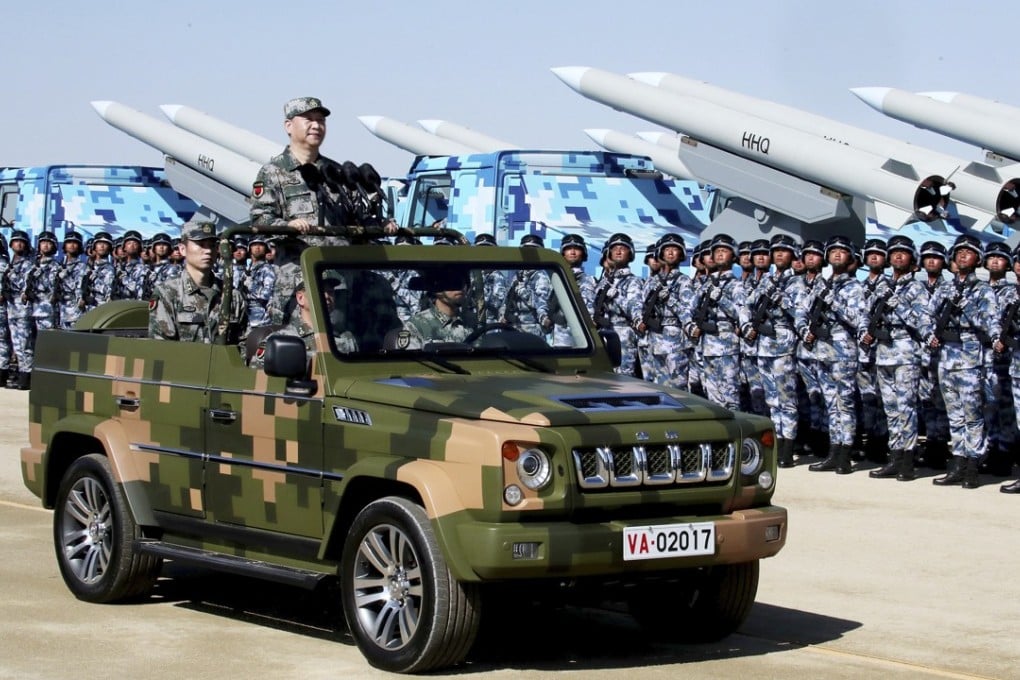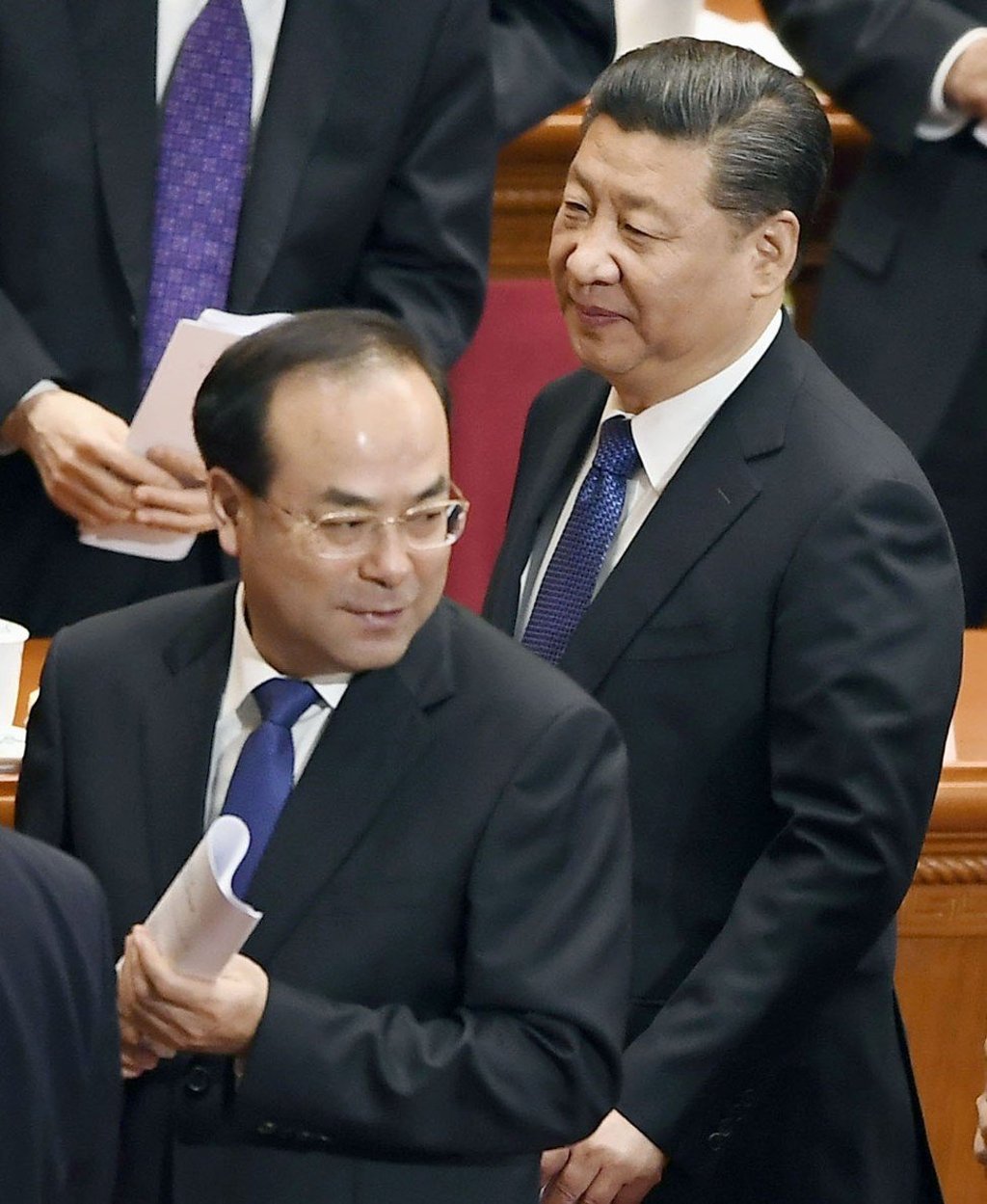China Briefing | A military parade, a fallen rival and an unusual speech: how Xi Jinping won a stronger mandate to lead China
A celebration of the PLA and the probe into Politburo member Sun Zhengcai were very public signs the Chinese president has cemented his authority. A less commented upon meeting may have even deeper implications

If there was any lingering doubt about President Xi Jinping’s (習近平) ascendancy over an upcoming leadership reshuffle and China’s way forward in the next five years and even beyond, it should have been dispelled by the intensifying campaign to cement his authority over the past two weeks.
The massive military parade on July 30, broadcast live on national television, saw Xi dressed in a green uniform as the commander-in-chief to receive the salute from 12,000 troops and review the People’s Liberation Army’s (PLA) latest weaponry.
Officially, the ceremony was to mark the PLA’s 90th anniversary, but in reality it was clearly meant to show the PLA’s allegiance to Xi himself at a time when jockeying for power ahead of China’s leadership shake-up, to be approved at the Communist Party’s 19th congress scheduled in autumn, is coming to an end.

They also occurred ahead of the annual informal meeting of current and retired Chinese leaders at the summer resort of Beidaihe, where the agenda for the 19th congress including the new leadership line-up is being finalised. The Beidaihe meeting is thought to have been under way since Wednesday and is expected to last a week, although the mainland leadership never publicises when the annual meeting begins or ends.
Is Xi’s new ‘core’ status a sign of strength, or weakness?
All told, Xi is most likely to play a dominant role in filling the new leadership line-up with his supporters, rewriting the party’s leadership succession protocols, and enshrining his own “new thinking, new strategies, and new approaches” as guiding ideology in the party and state constitutions.
